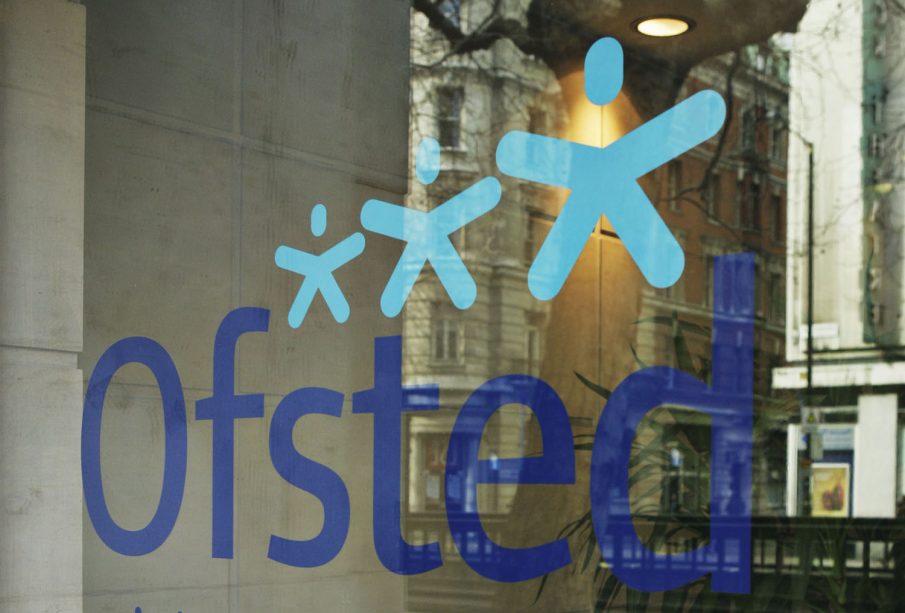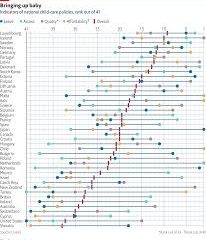The Role and Impact of Ofsted in the UK Education System

Introduction
The Office for Standards in Education, Children’s Services and Skills (Ofsted) plays a pivotal role in the UK education landscape. Responsible for inspecting and regulating services that care for children and young people, Ofsted also monitors the effectiveness of education in schools, colleges, and early years settings. Since its establishment in 1992, Ofsted has been the benchmark against which educational quality is measured, making it a significant influence on teaching standards, school performance, and overall educational policy.
Current Inspections and Findings
Recently, Ofsted has published its annual report, revealing key findings on the state of education across England. According to the document, there has been a marked improvement in school standards over the past few years, with 86% of schools now rated ‘good’ or ‘outstanding’. However, challenges remain, particularly in areas of socio-economic disadvantage, where fewer schools achieve higher ratings.
There has been an increased focus on curriculum quality, with Ofsted encouraging schools to implement broad and balanced teaching. The report emphasises the need for regular updates and supportive training for teachers to adapt to changing educational needs and societal expectations. Additionally, the implementation of mental health and well-being initiatives has been shown to positively impact student performance, reflecting the holistic approach desired by Ofsted.
Criticism and Challenges
Despite the progress noted, Ofsted has not been without its critics. Some education professionals argue that the pressure to achieve high ratings can lead to a narrow focus on test results rather than on student well-being and holistic education. There are calls for reforms that would allow for a more nuanced view of school performance, taking into account the challenges faced by certain populations and the socio-economic factors that may affect educational outcomes.
Moreover, recent discussions regarding the use of inspection outcomes in recruitment and funding allocations have raised concerns about fairness and the potential for adverse effects on struggling schools. As the education sector evolves, it remains crucial to ensure that Ofsted’s methods and criteria adequately reflect the quality of education being provided.
Conclusion
As we look to the future, Ofsted will continue to be a pivotal force in shaping the educational landscape in the UK. Ensuring that all children have access to high-quality education remains a significant goal. Stakeholders from government to school leaders must collaborate to address the challenges highlighted in recent reports. The continued evolution of inspection methods and focus areas will be critical for improving educational standards nationwide. Ultimately, the emphasis on both accountability and support for schools will play a crucial role in the effectiveness of Ofsted in achieving its core mission.








